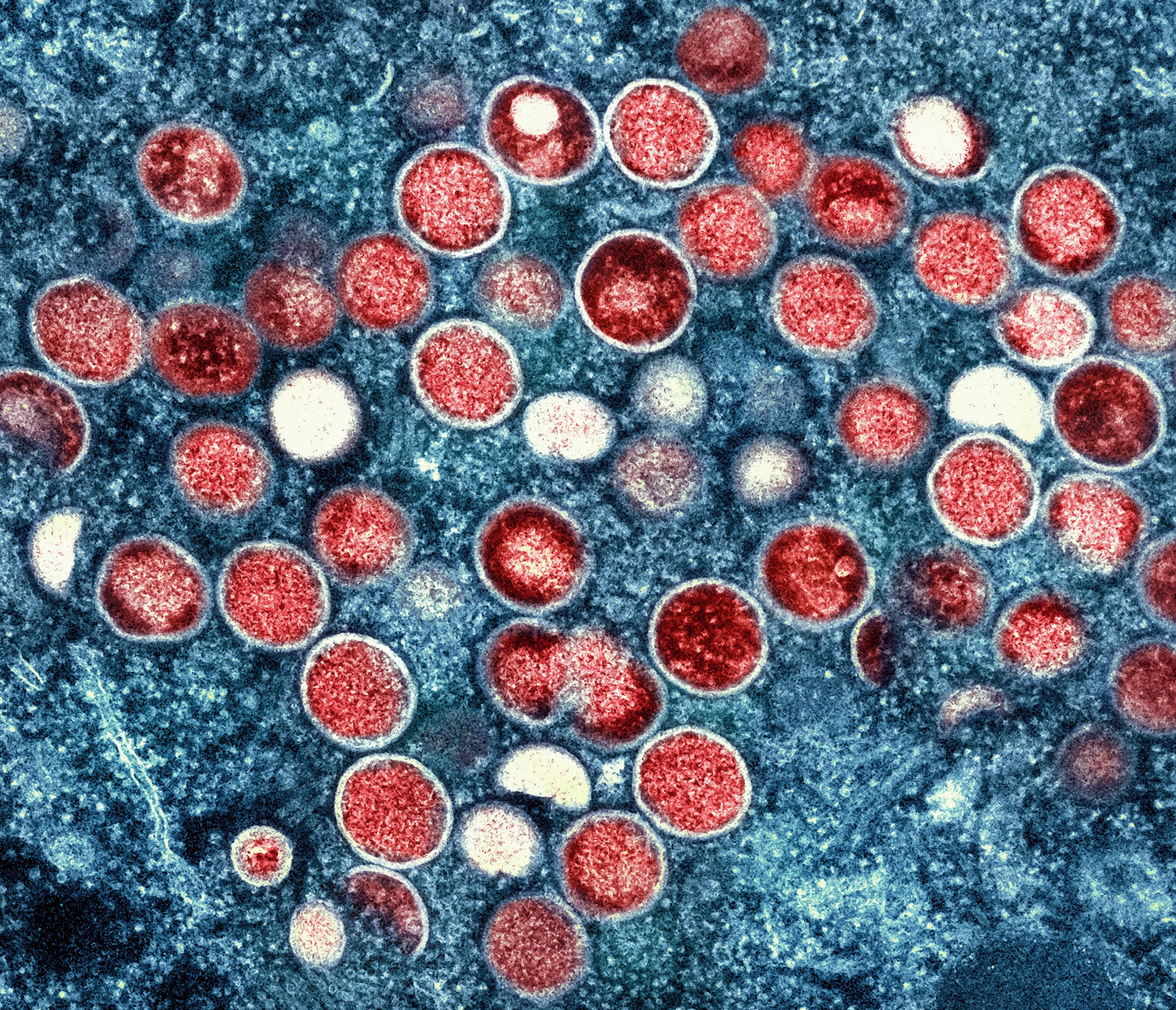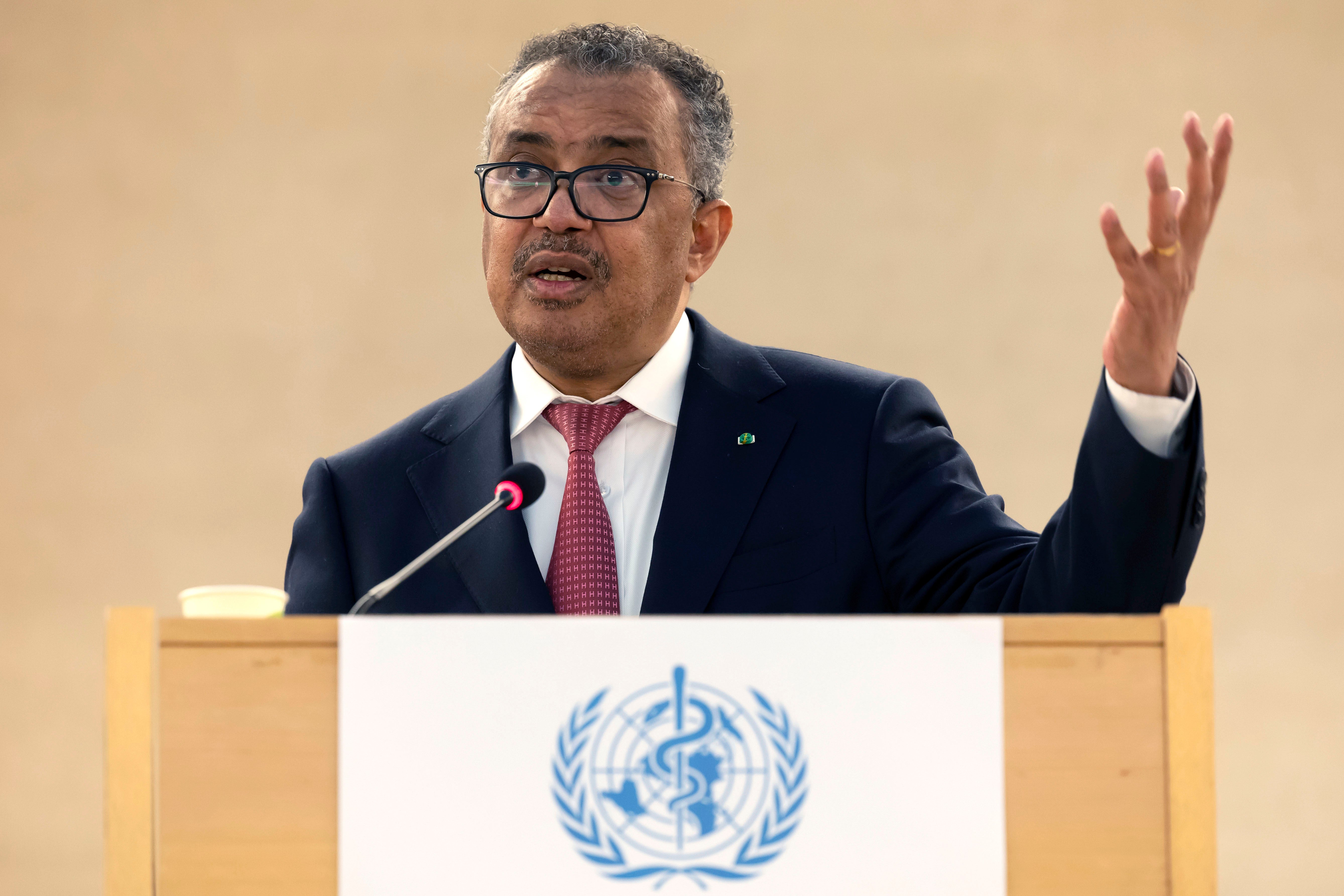Monkeypox: Gay and bisexual men ‘should limit number of partners to prevent spread’ WHO warns
There have been 2,432 reported cases in the UK, with 99.3 percent among men

Gay and bisexual men should limit the number of their sexual partners to protect themselves from monkeypox and help halt the spread of the virus, the World Health Organisation has said.
Men who have sex with men are currently at the highest risk of infection, the WHO’s monkeypox expert Rosamund Lewis said on Wednesday, with at least 95 percent of patients in this category.
Director-general of the World Health Organisation Tedros Adhanom Ghebreyesus said: “For men who have sex with men, this includes for the moment, reducing your number of sexual partners, reconsidering sex with new partners, and exchanging contact details with any new partners to enable follow up if needed.
“The stigma and discrimination can be as dangerous as any virus and can fuel the outbreak. As we have seen with Covid-19 misinformation, and this information can spread rapidly online.”
More than 18,000 monkeypox cases have now been reported globaly, according to WHO data.
There have been 2,432 reported cases in the UK, with 2,367 confirmed cases and 65 “highly probable”, UKSA numbers show.

The majority of the cases have been in England and a high proportion - 73 percent - were London residents. In the UK, 99.3 percent of cases are men, with only 18 cases recorded among women.
Monkeypox is spread mainly through skin-to-skin contact during sex, the WHO have said. “If there’s no intervention in a circumstance where there’s a lot of skin-to-skin contact on a regular basis, perhaps in the context of multiple partnerships or contact with anonymous partners, then that would be a circumstance, without intervention, where the virus can spread more easily,” Ms Lewis said.
She continued: “It’s very important for anyone who has monkeypox to isolate, so that they can protect anyone else living in their household or anyone else they may be in contact with.
“Household transmission is how this was first discovered, and household transmission may in some circumstances begin to occur.”
Join our commenting forum
Join thought-provoking conversations, follow other Independent readers and see their replies
Comments

Bookmark popover
Removed from bookmarks